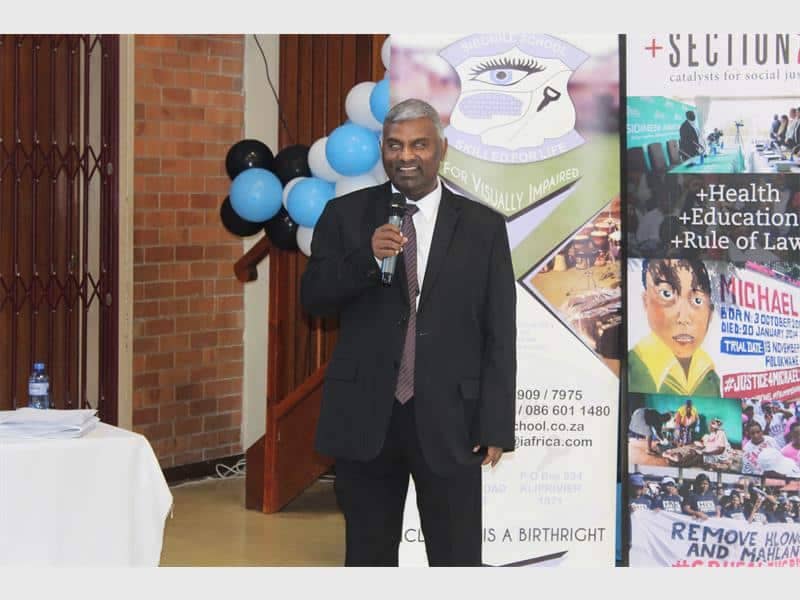The Constitutional Court delivered an important ruling safeguarding the rights of blind and visually impaired people in SA, ensuring their access to copyrighted works without needing permission from copyright holders.

The Constitutional Court issued an interim order that allows blind and visually impaired people to convert copyrighted works into accessible formats, such as Braille or audio, without seeking permission from copyright holders.
The court’s decision builds on a 2022 ruling and is seen as a crucial step in upholding the rights of people with visual impairments.
In a unanimous decision, the court emphasised the need for “just and equitable relief”, again extending the “reading in” of certain provisions to the Copyright Act.
This means the protections granted to blind and visually impaired individuals allow them to bypass the usual restrictions on copyright works and will remain in place for the time being.
The court’s ruling comes after the expiry of a temporary solution two years ago, allowing these individuals to access copyrighted materials with more ease.
This solution was introduced after the Constitutional Court found that certain sections of the Copyright Act were unconstitutional and violated the rights of visually impaired people. It gave Parliament two years to address the issue by passing the Copyright Amendment Bill (CAB).
However, the CAB has stalled in President Cyril Ramaphosa’s office because of concerns over the constitutionality of certain sections unrelated to the rights of visually impaired individuals.
As a result, the protections previously granted to blind and visually impaired people were allowed to lapse, leaving them vulnerable to again having their rights restricted.
SECTION27, a public interest law centre representing Blind SA, which advocates for the rights of blind people, approached the Constitutional Court for urgent relief.
In her affidavit, Zeenat Sujee, an attorney for SECTION27, argued that the delay in passing the CAB could take years, potentially denying visually impaired people their fundamental rights for an extended period.
Sujee pointed out that even if the amendment bill were expedited, the process could take as long as four years to be fully enacted, meaning blind and visually impaired people would continue to be deprived of access to essential materials in accessible formats.
“We cannot afford for this to become a hollow victory. Without urgent relief, the rights of blind people will be jeopardised for years to come,” Sujee said, referring to the 2022 Constitutional Court decision that had declared parts of the Copyright Act unconstitutional.
The Constitutional Court agreed, and the interim order issued ensures that the provisions allowing blind and visually impaired individuals to access copyrighted works in accessible formats will remain in effect until the final judgment is made.
This is a significant development as it removes any uncertainty for the time being, offering continued protection to those who rely on these adaptations for education, employment and daily life.
The court has indicated that it will hear the president’s referral of the CAB sometime this year. This process will address constitutional concerns unrelated to the needs of blind and visually impaired individuals.
However, in the meantime, the court’s interim order ensures that the rights of visually impaired people are not left in limbo.
At Caxton, we employ humans to generate daily fresh news, not AI intervention. Happy reading!
Stay in the know. Download the Caxton Local News Network App here.


